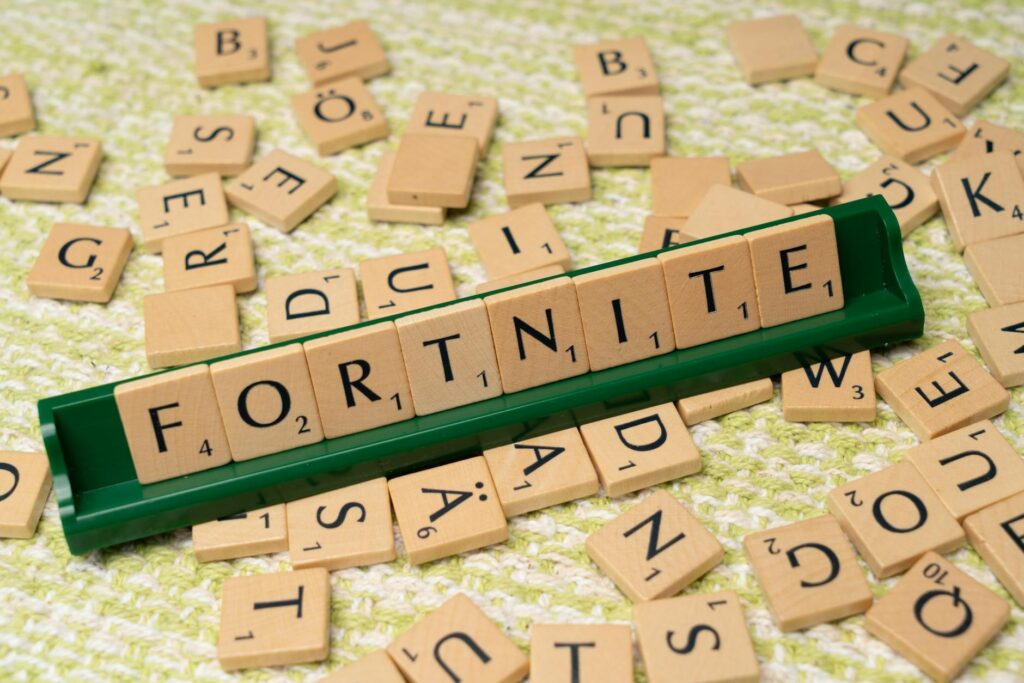The age of the loot box is slowly fading, replaced by a growing demand for more meaningful and transparent in-game rewards. Gamers are increasingly vocal about their desire for systems that feel fair and rewarding, and developers are starting to listen. But what does the future of in-game rewards look like? Let’s explore some exciting alternatives.
Beyond Randomness: Skill-Based Progression
One of the most significant criticisms of loot boxes is their reliance on pure chance. Skill-based progression offers a compelling alternative. Imagine a system where rewards are directly tied to player performance. The better you play, the better the rewards. This fosters a sense of accomplishment and directly incentivizes improvement.  This approach could involve earning unique cosmetic items, powerful upgrades, or even exclusive access to content based on skill level or achievements. A clear progression path helps players feel more invested and in control. This approach is further explored in our article on game design strategies.
This approach could involve earning unique cosmetic items, powerful upgrades, or even exclusive access to content based on skill level or achievements. A clear progression path helps players feel more invested and in control. This approach is further explored in our article on game design strategies.
The Allure of Choice: Customizable Rewards
Another promising direction is offering players a degree of choice in their rewards. Instead of receiving a random item, players could earn points or currency that can be used to unlock specific items they want. This system emphasizes player agency and empowers players to work towards specific goals. This approach not only increases player satisfaction, but also allows game developers to tailor the reward system to each player’s preferences.  Consider this in relation to the psychology of reward systems, discussed by leading researchers.
Consider this in relation to the psychology of reward systems, discussed by leading researchers.
Community-Driven Rewards: Collaboration and Competition
The rise of collaborative gameplay has opened up possibilities for community-driven rewards. Imagine rewards unlocked through collective effort, like completing a challenging raid or reaching a specific milestone as a guild. This fosters a strong sense of community and shared accomplishment. Competition can also be woven in, perhaps with rewards going to the top-performing guilds or teams. [IMAGE_3_HERE] Building a successful guild is a key skill in many games. This would greatly incentivize collaborative gameplay and create lasting memories.
The Value of Time: Time-Limited Events and Challenges
Time-limited events and challenges can provide exciting rewards without resorting to randomness. These events often have unique rewards available only for a limited duration, creating a sense of urgency and encouraging participation. They can be tied to in-game lore, cultural events, or seasonal themes. This not only rewards engagement but also adds an element of novelty and replayability to the game. [IMAGE_4_HERE] The strategic importance of limited-time events is often overlooked.
Transparency and Communication: Building Trust
Ultimately, the success of any in-game reward system hinges on transparency and open communication with players. Developers should clearly explain how rewards are earned, what the chances of receiving specific items are (if applicable), and how the system is designed to ensure fairness. This builds trust and fosters a positive relationship with the player base. Honest communication is key to maintaining a healthy and engaging gaming environment. This can be further explored by reading this industry report on player engagement.
By embracing these alternative approaches to in-game rewards, developers can create more satisfying and rewarding experiences for players, fostering greater engagement and loyalty. The future of in-game rewards is not about random chance but about rewarding skill, choice, collaboration, and engagement.
Frequently Asked Questions
What are the benefits of skill-based progression? Skill-based progression creates a sense of accomplishment and directly incentivizes player improvement.
How can developers ensure fairness in customizable reward systems? Clear communication and transparent design are crucial for ensuring fairness in customizable reward systems.
What are some examples of community-driven rewards? Guild achievements, collaborative raid completion, and shared milestones are excellent examples of community-driven rewards.
How can time-limited events enhance the player experience? Time-limited events inject novelty and encourage player engagement by offering unique rewards for a limited time.
Why is transparency important in in-game reward systems? Transparency builds trust, fosters positive player relationships, and creates a healthy and engaging gaming environment.
